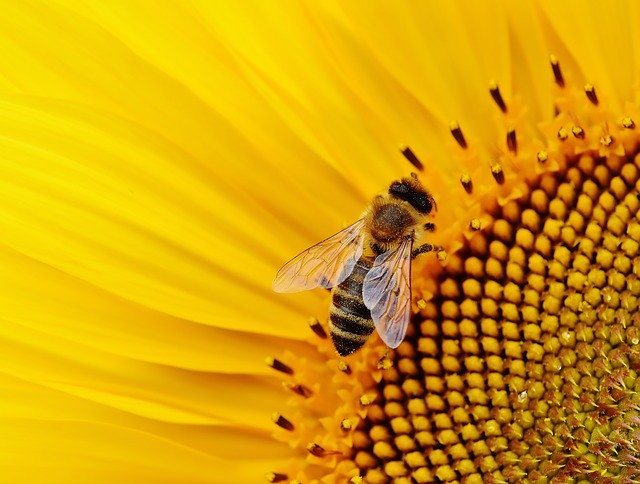The coronavirus crisis reveals one of the Gulf States’ greatest vulnerabilities: they import 90% of their food while global food chains are disrupted. The beginning of Ramadan, a holiday during which families increase their consumption, aggravates the situation. Supermarket shelves are, for the moment, well stocked because the United Arab Emirates (UAE) has taken emergency measures such as lifting the requirement to label imported products in Arabic, extending expiry dates and lowering customs duties. The current situation brings back bad memories of the 2007 crisis when, despite their wealth, the Gulf States had great difficulty in supplying their populations when the explosion in food prices led many states to ban exports to ensure that they could feed their populations. In the longer term, the Gulf countries have taken steps to reduce their dependence. For example, in response to a boycott in 2017, Qatar has managed to become self-sufficient in dairy products and chickens. The same is true of Saudi Arabia, which has developed its dairy industry and egg production. The Emirates produce potatoes, tomatoes and cucumbers. Five countries supply the UAE with 35% of their imports. They are in order: India, Brazil, the United States, Saudi Arabia and Australia.
Food vulnerability in the Gulf States
21 April 2020- 0
- 220 views




